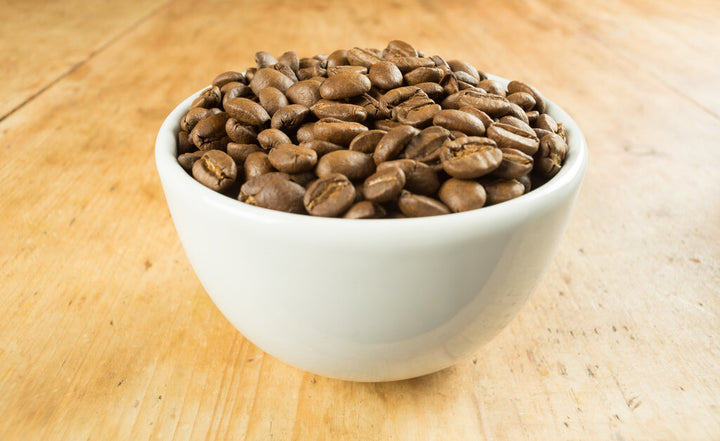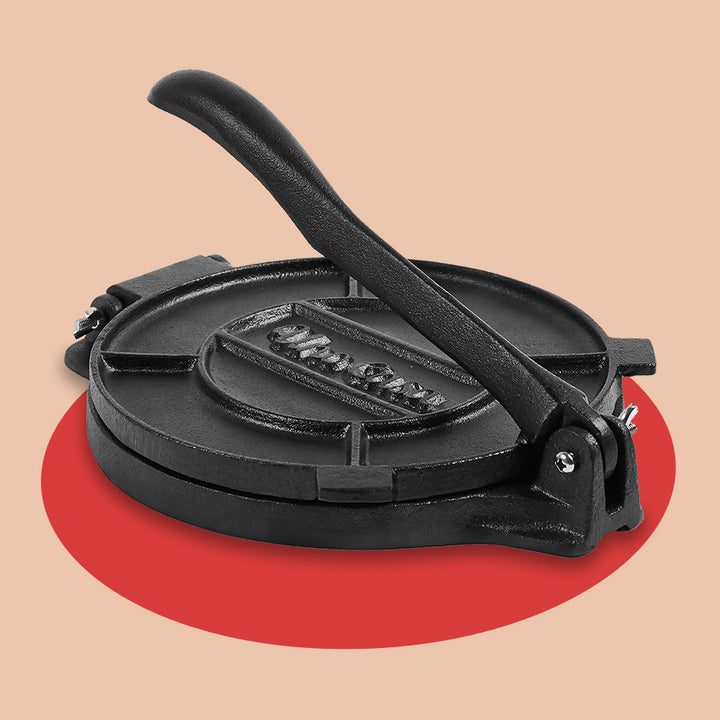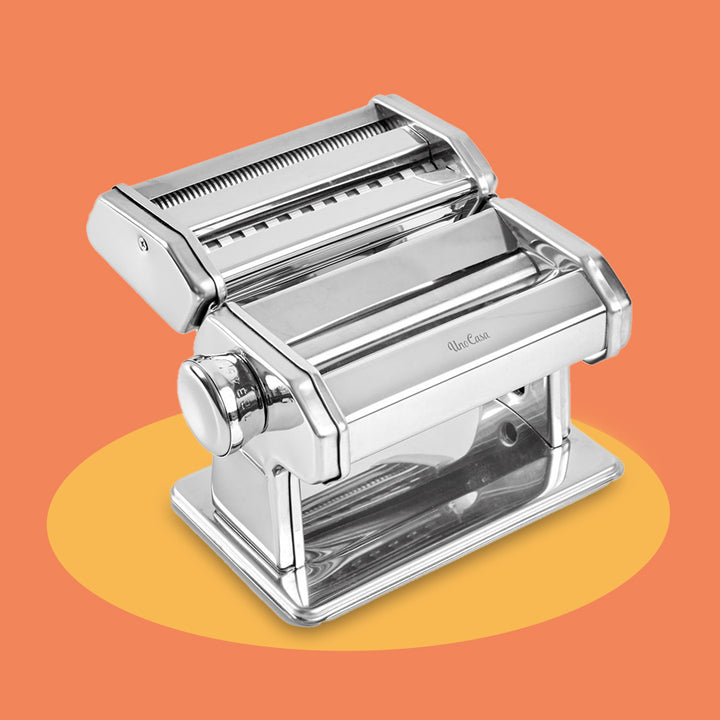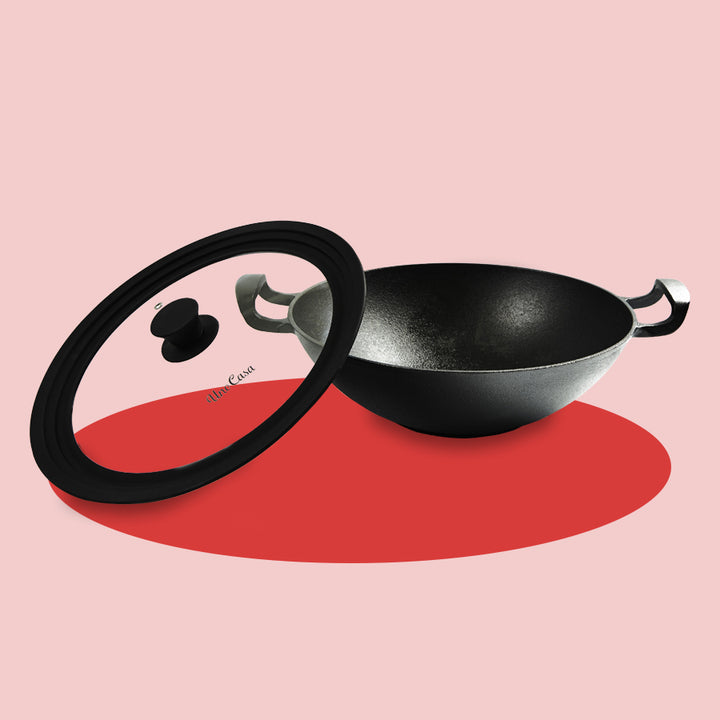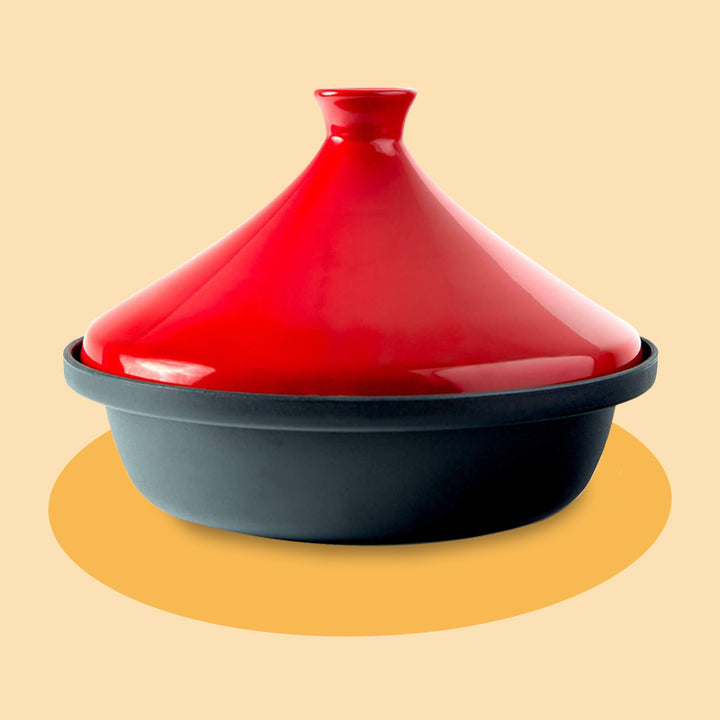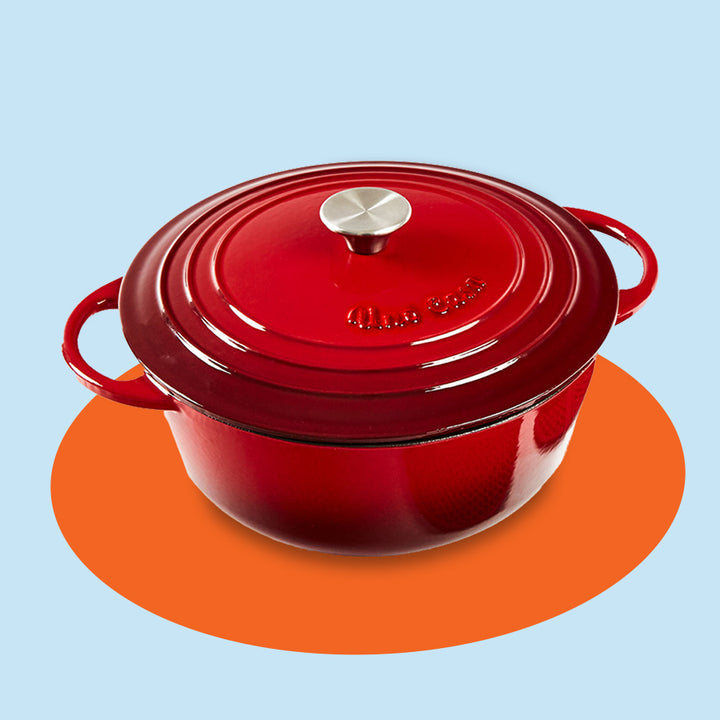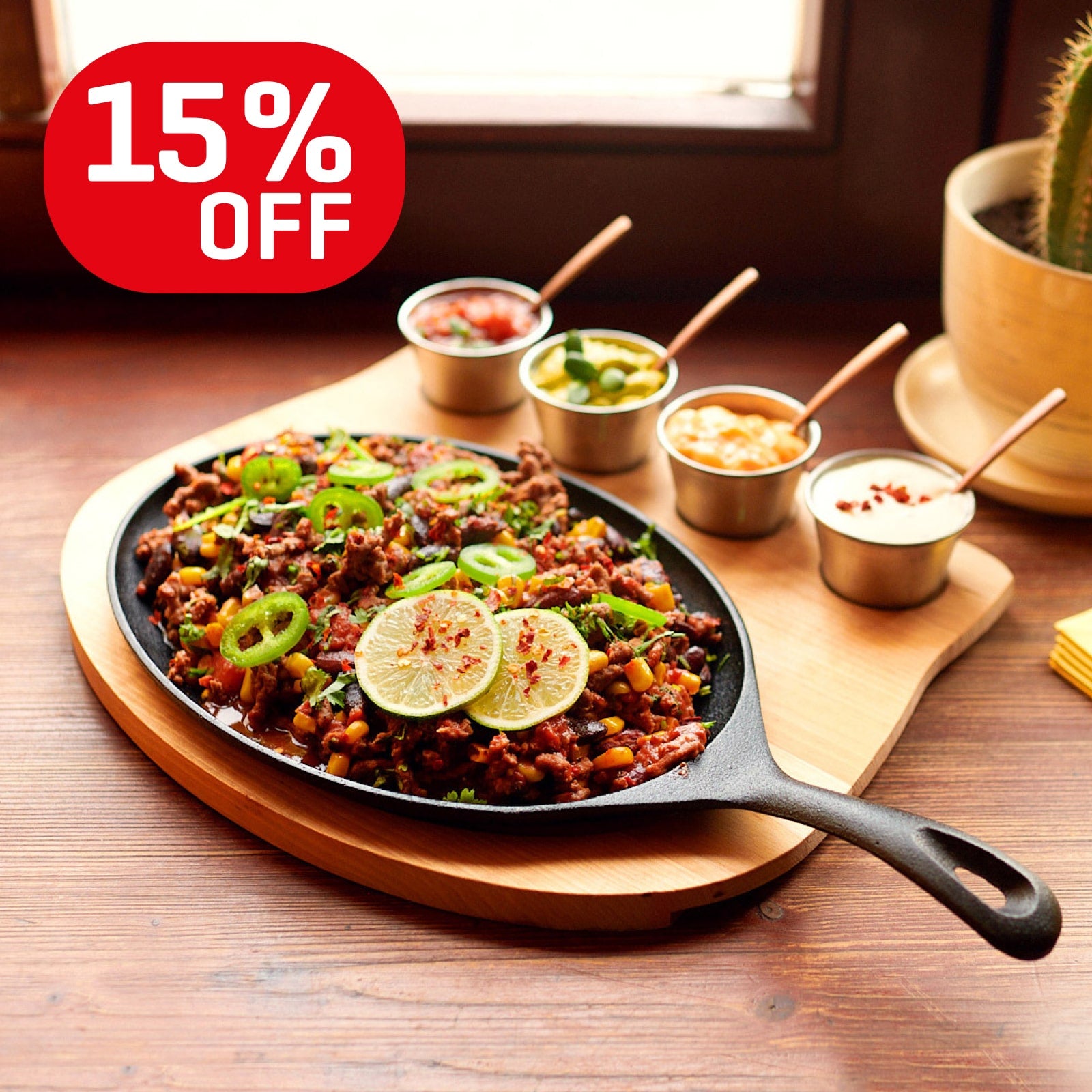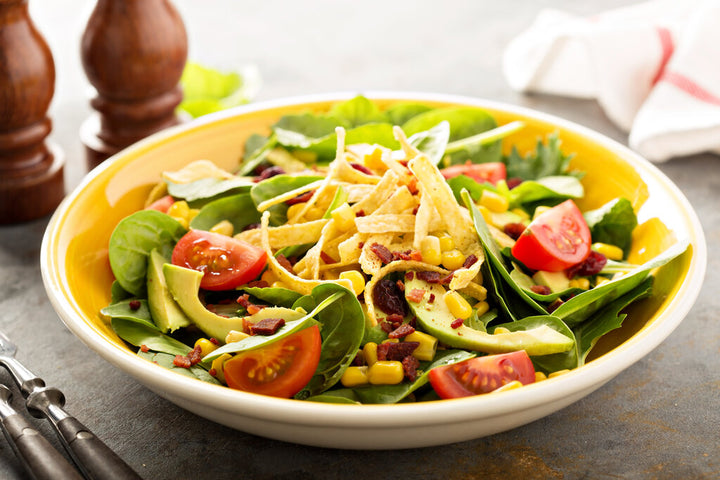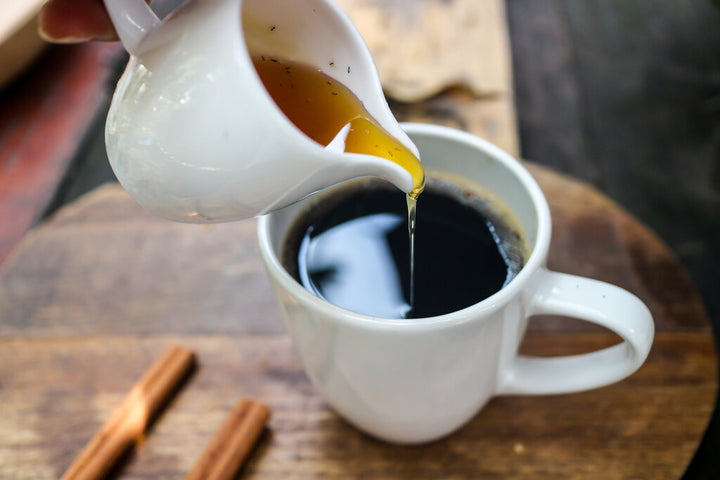Is Coffee Gluten-Free: Enjoying Coffee Without The Gluten
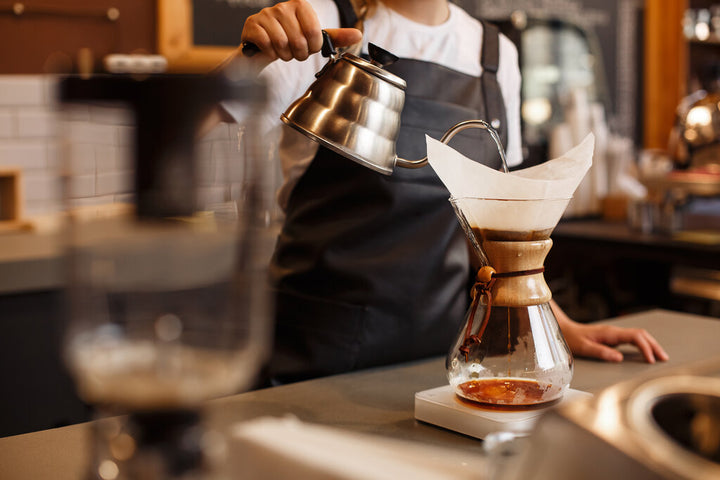
Is coffee gluten-free? If you’ve got any sort of gluten intolerance, be it a sensitivity or Celiac disease, then this is an important question you need to know the answer!
The short answer is yes. There is no gluten in coffee. At least, that’s definitely the case with an espresso or an americano. The longer answer gets a little bit more complicated because when you start adding sweeteners, creamers, or syrups to your brew, you need to be a little bit more careful if you can’t tolerate gluten in your diet.
Don’t worry too much, though, because it’s still very rare for ingredients that go into a latte or cappuccino to contain any gluten. Keep reading to know when you will want to double-check!
Does coffee have gluten? Let’s find out all the answers!
Is coffee gluten-free?
Does coffee contain gluten? No. The vast majority of coffee, and styles of coffee brewing, result in gluten-free coffee. We won’t go as far as to say 99 percent of coffees, but we’re pretty sure it’s close!
Coffee (in its most basic form) is prepared from coffee beans and water. And do beans have gluten? No, coffee beans do not naturally contain any gluten. Are beans gluten-free? In almost all cases, yes (and so is the hot water they are brewed in, of course).
If you like milky coffee, milk is also a gluten-free product. This goes for plant-based milk too. Popular vegan kinds of milk such as almond milk or coconut milk are all gluten-free.
If you’re preparing black coffee with your pour-over coffee maker and a gooseneck kettle, or if you’re ordering a standard latte from your local coffee shop, there’s not too much to worry about if you lead a gluten-free life.
Coffee beans, which are roasted and ground, then brewed in hot water to produce the beverage we love, do not contain any gluten. Likewise, the milk that’s poured in and frothed up to give you that foamy cappuccino also contains zero gluten.
When is coffee not gluten-free?
In most scenarios, standard coffee, whether it’s black or milky, is gluten-free. The basic ingredients that go into coffee are gluten-free. However, the problems start to arise when you move beyond regular coffee and add extra ingredients to the brew.
By far, the most common addition is sugar, but again, you don’t need to worry because sugar is also gluten-free. Artificial sweeteners, on the other hand, can contain gluten. In the majority of cases, they don’t, but it’s good to check.
Sweet syrups and flavorings, such as caramel or strawberry syrups, also need to be checked for their gluten content. Other flavored coffees, such as vanilla or chocolate, are generally gluten-free, but it won’t hurt to check if you are worried.
Different types of coffees might contain additional ingredients such as chocolate sprinkles or cinnamon powder. For instance, a classic cappuccino is the most common type of coffee that’s finished with a generous topping of chocolate powder. Again, check the ingredients, as there may be gluten present.
Instant coffee is also something to look out for. While coffee companies are more considerate these days, instant coffee and gluten intolerances have in the past not mixed well. Gluten can be present in instant sachets, which contain coffee, sweeteners, and milk powder (they are usually called a 2-in-1 or 3-in-1). Again, check the packet before brewing, or you could run into trouble.
What about gluten contamination?
Gluten contamination occurs when naturally gluten-free products are contaminated with gluten. This can happen if a product is prepared in the same factory or uses the same equipment that is also used to prepare gluten-containing products such as bread or tortillas (for example).
Gluten contamination can also happen in the coffee shop if the same barista machines are used for every type of coffee, and certain ingredients such as the flavorings contain gluten. Check with the baristas if you’re concerned that gluten products might be present in the coffee shop.
Gluten contamination is rare, but it’s more likely to occur with commercialized and processed products. However, if you want to avoid all chances of this, then the best option is to purchase your own beans and grinder to prepare coffee grounds at home for brewing. This way, you can ensure that there’s no gluten in the supply chain!
Can coffee cause other health problems?
While coffee (in most cases) is gluten-free and suitable for anyone on a gluten-free diet or with gluten intolerance, coffee consumption can cause other health problems (especially if it’s drunk to excess).
Caffeine is often a major culprit for illness, as it can lead to symptoms that are similar to gluten intolerance (in particular, running to the toilet!). Indeed, this can occur in people with gluten intolerance, who may be more susceptible to stomach upsets (but in this case, the actual cause is unlikely to be the gluten!).
If you are experiencing stomach upsets and are worried it could be the coffee, then cut coffee out of your diet and see if this produces positive changes. If it does not, then the problem will lie elsewhere in your diet.
Excessive caffeine consumption can also cause non-bowel related problems, such as raised blood pressure. It can seriously affect people with heart conditions, too. Another potential problem is that caffeine can be addictive and lead to disrupted sleep, but this depends on how much coffee you’re drinking each day.
Is coffee gluten-free? Yes! (At least, most of the time…)
Coffee in its most common and popular forms is almost always gluten-free. Coffee beans are naturally gluten-free, as is sugar and milk (including plant-based milk). While gluten contamination is always possible, it’s rare in the coffee industry.
However, if you do have a gluten intolerance, you need to watch out for artificial sweeteners, syrups, flavorings, and sachets of instant coffee. These can contain gluten, although, again, it’s rare.
If you have a gluten intolerance, then why not bookmark our guide to gluten and coffee for easy reference in the future?
Want to learn more information? Check out our article to learn "Is decaf coffee bad for you"!
Leave a comment
Comments will be approved before showing up.
Also in Tips
